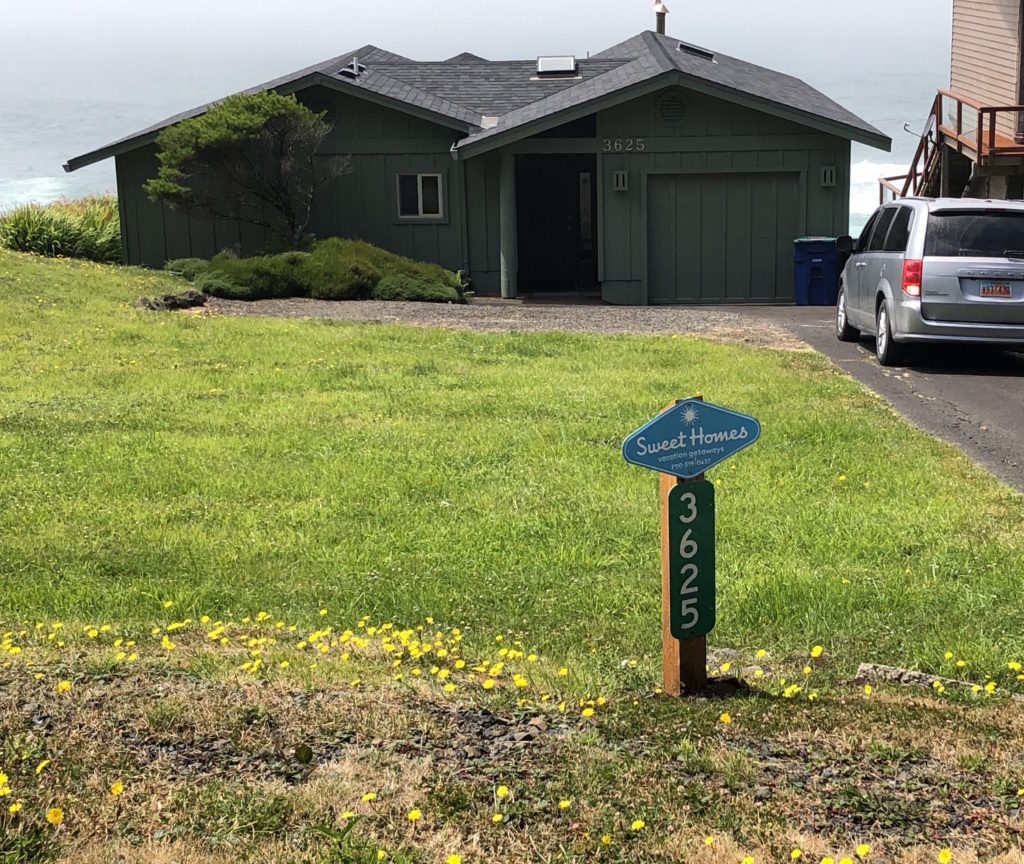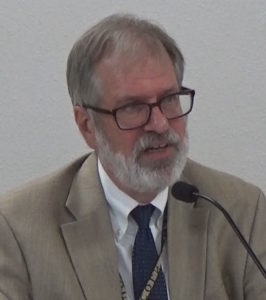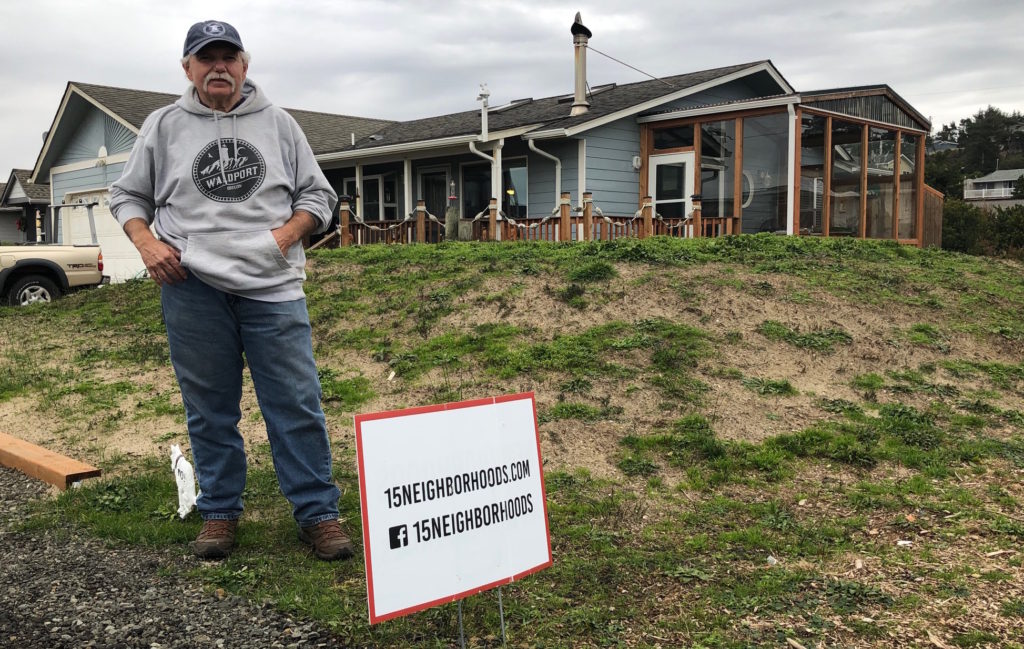
By QUINTON SMITH/YachatsNews.com
Lincoln County staff expects to complete detailed recommendations on regulations governing short-term rentals and present them to commissioners at its Monday meeting.
After outlining the proposals to commissioners, County Counsel Wayne Belmont is tentatively proposing another public workshop on the regulations for April 7.

Without revealing specifics or a direction, Belmont told commissioners two weeks ago that county staff has been “reviewing and discussing” options for short-term rental regulations and comments from the public. The rules would apply to the 600 licensed rentals in unincorporated areas of the county; most cities have their own set of regulations.
Belmont said he hopes commissioners can discuss “the nuts and bolts” of those options Monday, hold the public workshop April 7, and then vote on new ordinances in late April or early May. That timeline meets the board’s earlier promise to finish work on the regulations by June 1.
Commissioners, who have been barraged with communication on short-term rentals in unincorporated county, had some advice for the public as they weigh in on the controversy over rentals. These include:
- Comment on specifics of the proposed regulations, and not comment on or deride others’ comments. “What is most helpful is comments on the issue being considered, or trying to rebut or reply to others’ comments,” said Commissioner Kaety Jacobson.
- Comments on what rentals bring to the economy or how they are affecting a neighborhood aren’t as meaningful as comments on the 4-5 areas of focus, ranging from occupancy rates to septic issues to code enforcement. “… arguments on blight or the economy aren’t helpful,” said Commissioner Claire Hall. Focus on “those factors we are discussing,” said Commissioner Doug Hunt.
A group of vacation rental managers and owners formed an organization, Via Oregon, to fight a potential initiative petition banning vacation rentals in unincorporated areas, and has been talking almost exclusively on the economic impact of the county’s 600 licensed rentals.
Opponents have been talking mainly about issues in rural subdivisions, rental companies, and rebutting comments and letters posted on the county’s short-term rental website.

Focusing on 4-5 areas
The April 7 workshop would be the second this year to hear comments on proposals to change regulations on short-term rentals in unincorporated Lincoln County. The January workshop was the first in 11 months.
In response to a growing number of vacation rentals, county commissioners put a moratorium on new licenses in 2019 and three times extend it in 2020 as they struggled with responding to the coronavirus pandemic and then after the Otis area was hit by wildfires in September. Commissioners recently extended the moratorium until June 1.
The lack of progress spurred formation of a group of neighborhood organizations to undertake signature collecting to possibly put an initiative before voters to phase out all vacation rentals in single-family zoned areas of unincorporated Lincoln County over five years. The group, 15neighborhoods, announced last month it would hold off filing its signatures to see what commissioners did.
The main areas that county staff is looking at includes:
- Develop a permanent cap on the number of licenses, determine if there should be geographic areas in unincorporated Lincoln County with their own caps, and if or how to allow licenses to be transferred to a new property owner.
- Requiring all septic systems serving short-term rentals to be inspected to see if they are working properly, and for inspectors to determine the capacity of each system. Such inspections would help establish an occupant capacity for each rental “no matter what is authorized under the code.”
- Limit a rental’s maximum occupancy – with a few grandfathered exceptions — to two people per bedroom. The occupancy limits would be in effect day and night, which would stop the rental from being used for large gatherings or events. The county currently bases capacity on a total of three overnight guests per bedroom plus two others, one of the most lenient in Oregon.
- Develop new or refine the current “three strikes” rule under which rental owners lose their license if they get three verified complaints not addressed or responded to in a timely manner.


